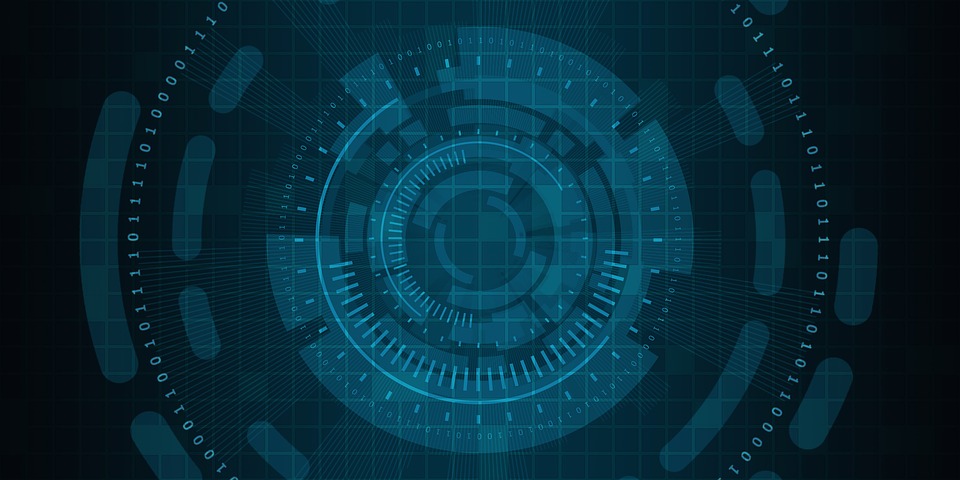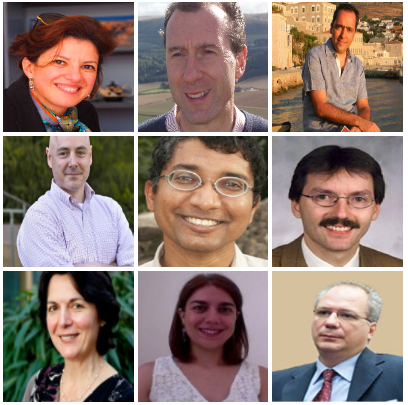“Managing All Data, Everywhere–Intelligently, Responsibly” – Keynote Speech by Raghu Ramakrishnan, CTO for Data at Micro

Managing All Data, Everywhere–Intelligently, Responsibly
Thursday 12/7 & Friday 13/7
Part 1: The Evolving Data and Analytics Landscape
Part 2: Evolving the DBMS to Meet the Challenge
Abstract
The world is changing rapidly in terms of how we gather and use data. In addition to the transactional apps and the relational warehouses that aggregate line of business data for reports and dashboards, enterprises are looking to get insights from online feeds and IoT devices to optimize their businesses. Similarly, virtually every scientific discipline is turning to data-driven approaches, relying on a cycle of observation, learning, and improved discovery and validation.
These trends are being powered by complementary advances in many areas of computing. First, the cloud has made it easy and cost-effective to store enormous volumes of diverse data and to bring compute resources to bear on them elastically and instantaneously. Second, sensors and sophisticated instrumentation are making it possible to observe more broadly and deeply than ever before. Third, our ability to intelligently interpret the data is growing rapidly, thanks to this rich collection of data and advances in machine learning, in particular hardware and software for deep learning. Fourth, big data has shown how to harness massively distributed computing and storage resources for data management and analytics, and this is complemented by advances in multi-core query processing.
Together, we have a perfect storm of opportunities to transform the world through data. On the other hand, with great power comes great responsibility–in a world where our most private information, even our DNA, is online, we need to be responsible in how we manage it. Security and privacy are top of mind, e.g., the European GDPR rules went into effect in May 2018. Organizations need to secure globally distributed datasets on diverse platforms ranging from mainframes to IoT devices, enforce complex policies for appropriate data use, and verify that there have been no breaches of security or policy. This represents a significant new challenge in data management, going hand in hand with the revolution in distributed data storage and computing.
About Raghu Ramakrishnan
Raghu Ramakrishnan (Redmond, Washington) got his B.Tech. from IIT Madras in 1983 and his Ph.D. from the University of Texas at Austin in 1987. He was a member of the Database Systems Group in the Computer Sciences Department at the University of Wisconsin-Madison from 1987 to 2006, and was a co-founder of the UW Data Mining Institute. Ramakrishnan joined Microsoft in 2012 as a Technical Fellow and CTO, Information Services and heads the Cloud and Information Services Lab (CISL) with members in Redmond, WA and Mountain View, CA. From 2006 to 2012, he was a Yahoo! Fellow. In 1999, he founded QUIQ, a company that developed innovative collaborative customer support and knowledge management solutions used by companies such as Business Objects, Compaq, National Instruments, Network Appliances, Sun Microsystems, and others, and served as the Chairman and CTO until 2003, when QUIQ was acquired by Kanisa.
At UW-Madison, his research was in the area of database systems, with a focus on data retrieval and integration, analysis, and mining, and is often done in collaboration with researchers in industry. He led the CORAL project, which developed and distributed the CORAL deductive system, and contributed to recursive query language extensions in the SQL:1999 standard. He and his group have developed scalable algorithms for clustering, decision-tree construction, and itemset counting, and were among the first to investigate mining of continuously evolving and streaming data. His work on query optimization has found its way into several commercial database systems, and his work on extending SQL to deal with queries over sequences has influenced the design of window functions in SQL:1999. None of this would have been possible without a great group of former students; of all his contributions, he is proudest of this list.
Ramakrishnan received the ACM SIGKDD Innovation Award in 2018 (talk slides) and the ACM SIGMOD Contributions Award in 1999. He was elected Fellow of the Association for Computing Machinery (ACM) in 2001, Fellow of the IEEE in 2008, and has received several awards, including a David and Lucile Packard Foundation Fellowship in Science and Engineering, a Distinguished Alumnus Award from IIT-Madras, an NSF Presidential Young Investigator Award, and Faculty awards from IBM, Microsoft and Xerox. He was selected as a Vilas Associate at the University of Wisconsin in 1999. He has written the widely-used text Database Management Systems (WCB/McGraw-Hill), now in its third edition (with J. Gehrke). A list of his papers is available here.
Previous Meet the Lecturers of the 2nd ACM Europe Summer School
Next 2nd ACM Europe Summer School on Data Science: An exciting learning experience in Athens!
Meet the Speakers

Contact Us
Reach out to us and we will respond as soon as possible. You can send us an email to [email protected].
